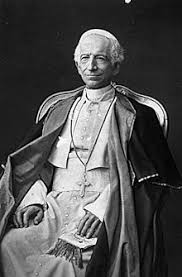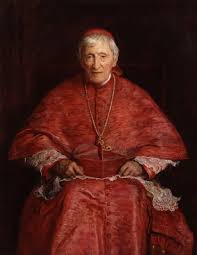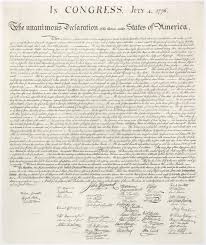A recent campaign ad that Democrats have been running shows a Republican congressman interrupting a man in his bedroom watching porn threatening to make it illegal. I would not suggest that you subject yourself to the ad because it is disgusting, but it is at least worth mentioning it because it is a sign of just how decadent our culture has become. The problem isn’t just that the Democrats are unfaltering promoters of perversion, but also the fact that Republicans’ response was a denial that they wanted to restrict access to pornography to adults.
If there is one thing that both sides agree on, it is the fact that tolerance is a positive good rather than a necessary evil. In order to live in society and get along with everyone, we need to tolerate certain things. True enough, provided that it doesn’t become a masquerade for neutrality. And in truth, it has become just that. Some of the more Scholastically minded among us will even say that St Thomas supports this position. It is useful to go directly to the Angelic Doctor to shine some light on the issue of tolerance especially because it touches close to the issue at hand.
St. Thomas on Tolerance
In ST II-II q. 10, a. 11, St Thomas says “…those who are in authority, rightly tolerate certain evils, lest certain goods be lost, or certain greater evils be incurred: thus Augustine says (De Ordine ii.4): ‘If you do away with harlots, the world will be convulsed with lust.’” His point is that the governing authority will tolerate certain things because outlawing them will create more disorder than the order that will come about by leaving them in place. Citing Augustine’s tract on order, he says that some societies will tolerate prostitutes because it will lead to greater evils than outlawing it altogether.
In his Treatise on Law, Aquinas explains further that “The purpose of human law is to lead men to virtue, not suddenly, but gradually. Wherefore it does not lay upon the multitude of imperfect men the burdens of those who are already virtuous, that they should abstain from all evil. Otherwise these imperfect ones, being unable to bear such precepts, would break out into yet greater evils…” Laws in a certain sense then ought to be catered to the character of the populace and bear a certain proportionality. To demand too high a level of virtue creates a certain impossibility of living up to it and increases criminality.

It would seem then that St. Thomas would look at our sexual libertine culture and advocate for tolerating pornography because outlawing it would go far beyond our collective virtue. The problem with this is that it is only reading half of what he said. You don’t just look at the level of virtue, but also “the greater evils” that will come about when you make demands beyond the average virtue level. It wasn’t too long ago in the “Wild West” that greed, rage and a lust for revenge led to murder rates that were more than twice the most violent cities of today. Does that mean they should not have had laws against murder because it was beyond the virtue of the average person? Because law is an ordinance of reason for the common good of the society, tolerance must always refer back to the common good.
The Primary Question for Tolerance
The question of virtue of the citizenry is secondary. What is primary is enumerating the “greater evils” that are to be brought about by choosing to outlaw a given evil. There are a plethora of evils attached to it: related to the common good there is the harm done to marriage and the family, and the fact that it is linked to sexual aggression . It also constitutes a growing public health crisis because of its addictive nature and its neuroplastic effects on the brain. There is a great paper summarizing all the scientific findings of the damage porn does to society and individuals here. What exactly are the evils that we are avoiding in tolerating it and how do they pass the proportionality test?
Tolerating evil never works for very long. Social evils always move from tolerance to acceptance to promotion. It is far easier to head it off while it is in the tolerance stage than to wait until it gets to the later stages. God has baked this principle into our social reality so that we must make a stand on our convictions. That is why tolerance, according to Chesteron, “ is the virtue of the man without convictions.” If we are convicted that pornography is wrong, then we cannot merely tolerate it but must take a stand both personally and politically. Abusing the principles of St Thomas will only lead to more self-abuse. We must lobby to outlaw it.














